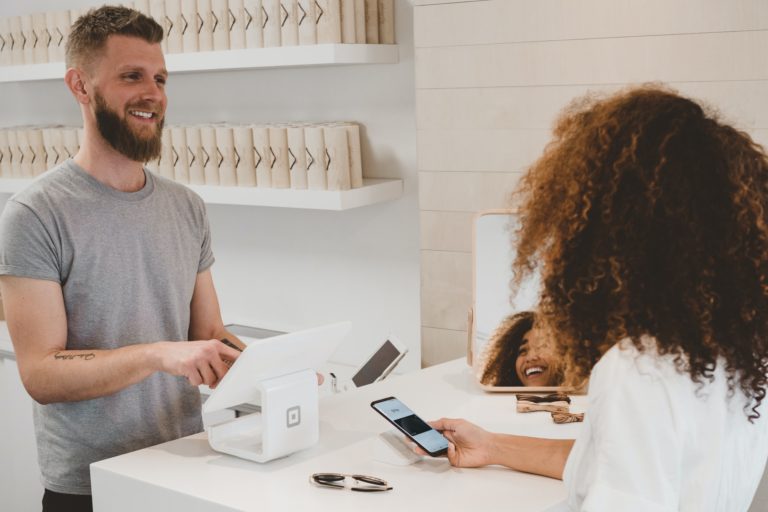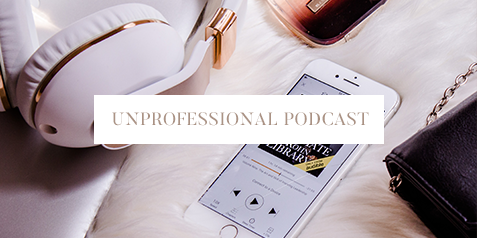Everywhere we look, we see the word “experience.” But how do we know what it means? The tricky part is that we won’t know exactly what it means to each of us until we see for ourselves.
Companies market and brand the word “experience” connected to the working world because—let’s face it—work is a large part of our lives. We spend so much time at work that it becomes part of our identity; therefore, we end up attributing our successes and failures at work to who we are holistically.
Work does not simply consist of the tasks we’re doing as part of our jobs: it’s where we are, who we’re with and how those components and others impact our work. Everything we encounter during our time at work is an “experience” because we learn, gain knowledge and adjust our actions/thoughts to whatever and whoever we interact with.
Additionally, every experience is different, and it’s easier to market that as the truth (because it is). Experiences shape and impact people, and they don’t necessarily have positive or negative connotations. So, when companies utilize “experience” in their marketing and branding strategies, they are not guaranteeing a positive experience, even though that’s really what the company hopes the employees have.
Experiences are not limited to when you’re at your job: reverse roles for a second and step into your shoes as a customer. From interactions with employees to the layout of stores/websites and how valued you feel as a customer, all those things are part of your “experience” and how you will perceive that company.
The marketing and branding of “experiences” means something for employees and customers alike. It’s equally as important to have happy employees and happy customers. Without investing in your employees’ experiences by humanizing your brand, you won’t be able to create and maintain an effective experience for your customers.
An example of “experience” from a customer’s perspective…
Think about how many people go to Starbucks a certain number of times every week. After you start going to a particular location as part of your routine, you develop a unique “experience” over time.
The barista knows your name. You feel personally tended to as they customize your beverage and/or food. You see the other people who go there at the same time you do every day to get their Starbucks fix. All these elements combined contribute to the making of your “Starbucks experience.”
There is also something to be said about having shared experiences with others. You automatically have something in common with these other people who are buying Starbucks in that you all have a shared part of your routine. However, each person’s experience will be different from yours and the other people there, and that’s what makes the “experience” unique and personalized to each individual.
And an example of “experience” from an employee’s perspective…
When you work somewhere and the company provides you with benefits and perks, those are part of your “experience.” Depending on your job, maybe interacting with people—other coworkers and customers—is part of your everyday “experience” as well. No two companies have the exact same benefits and perks. This is an example of how everyone’s “experiences” will differ.
While one can compare their experience at one job to another job they once held, there will always be points of contrast. Maybe it’s the people, maybe it’s the type of work environment, and maybe it’s the benefits/perks of the position; nonetheless, all “experiences” are subjective, and companies choose to market/brand themselves with “experiences” because it’s ingrained in us to believe that all experiences are valuable and character-building.
How this information is useful to you…
Take a minute to think about a company you’ve had a positive experience with and another you had a negative experience with. Because we’re humans, we’re much more likely to revisit a place where we had a positive experience than one that wasn’t so great.
The next time you notice something unique about a company or brand that makes you feel special, remember how that instance added to your “experience” and why it was so impactful for you.
In love and respect,
Hilary Corna














